Rio 2016: Refugee team to compete at Olympics
- Published
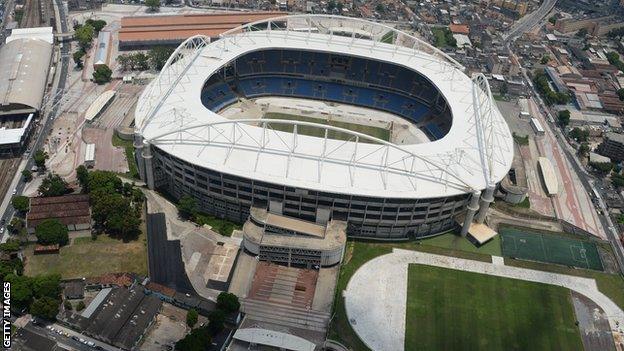
Rio will stage the first Games in South America
A team of refugees will compete at this summer's Olympics in Rio.
A total of 43 prospective athletes have been identified for the Team of Refugee Olympic Athletes (ROA), which will compete under the Olympic flag.
"By welcoming ROA to the Olympic Games in Rio, we want to send a message of hope to all the refugees of the world," said International Olympic Committee president Thomas Bach.
"This team will be treated like all the other teams."
As well as sporting ability, selection criteria will include personal circumstances and United Nations-verified refugee status.
Athletes will then be supported with funds to train.
"This team may end up between five and 10 athletes maybe," said Bach. "We have no target. It depends very much on the sporting qualifications."
The ROA will be housed in the athletes' village and will enter the opening ceremony as the penultimate team, ahead of hosts Brazil.
The IOC also issued assurances over the Zika virus, slow ticket sales, water pollution and facilities.
Fewer than half of tickets sold
So far, fewer than half of the 7.5 million tickets issued for the Games, which will run from 5-21 August, have been sold.
Sales of more expensive tickets for premium events and the opening ceremony mean ticket revenues have reached 74% or $195m (£139m).
But the build-up to the Games has been overshadowed by an economic downturn in Brazil, political turmoil and Zika.
The 2012 Olympics in London reached its revenue target from ticket sales months before it began. Overall, 96% of the 8.2 million tickets were sold.
"I have no concerns at all," said Bach. "Brazilians, they do not buy tickets at such an early stage, as the British or the Germans. I have no doubt that when the time comes, these numbers will increase."

Athletes will be housed at the Ilha Pura complex in Rio's west zone
Zika a 'moving target'
Brazil has been at the centre of the mosquito-borne Zika virus, which has been linked to a rise in cases of babies born with unusually small heads.
The British Olympic Association has warned pregnant women to avoid all non-essential travel to Brazil.
The IOC said it continues to follow the advice of the World Health Organisation (WHO), which has said that Brazil should be safe during its winter.
Rio 2016 communications director Mario Andrada said athletes will have air conditioning in their rooms and will be advised to keep the windows closed to keep any mosquitoes out.
"Zika is a moving target," he said.
"It's a global tragedy, especially for women and pregnant woman. But, from a broader Games perspective, the WHO believes it will not be a major factor."
A waste of $25m?
Andrada said the Brazilian government would issue a presidential decree to ensure that a $25m (£17.7m) drug-testing labratory in Rio does not go unused.
The World Anti-Doping Agency has issued a deadline of 18 March for Brazil to comply with international doping legislation.
The decree, to be issued on 15 March, will "solve this problem", says Andrada, because there is not enough time to push new laws through parliament.
Facilities and water
As a result of health concerns about water pollution in Rio, Guanabara Bay, which will host sailing and swimming events, and the lagoon, where rowing and canoeing events will take place, are to be subject to increased testing.
Both sites will be examined every other day from April, then on a daily basis during the Games.
In addition, Andrada said almost all venues were ready for the Olympics.
- Published19 January 2016
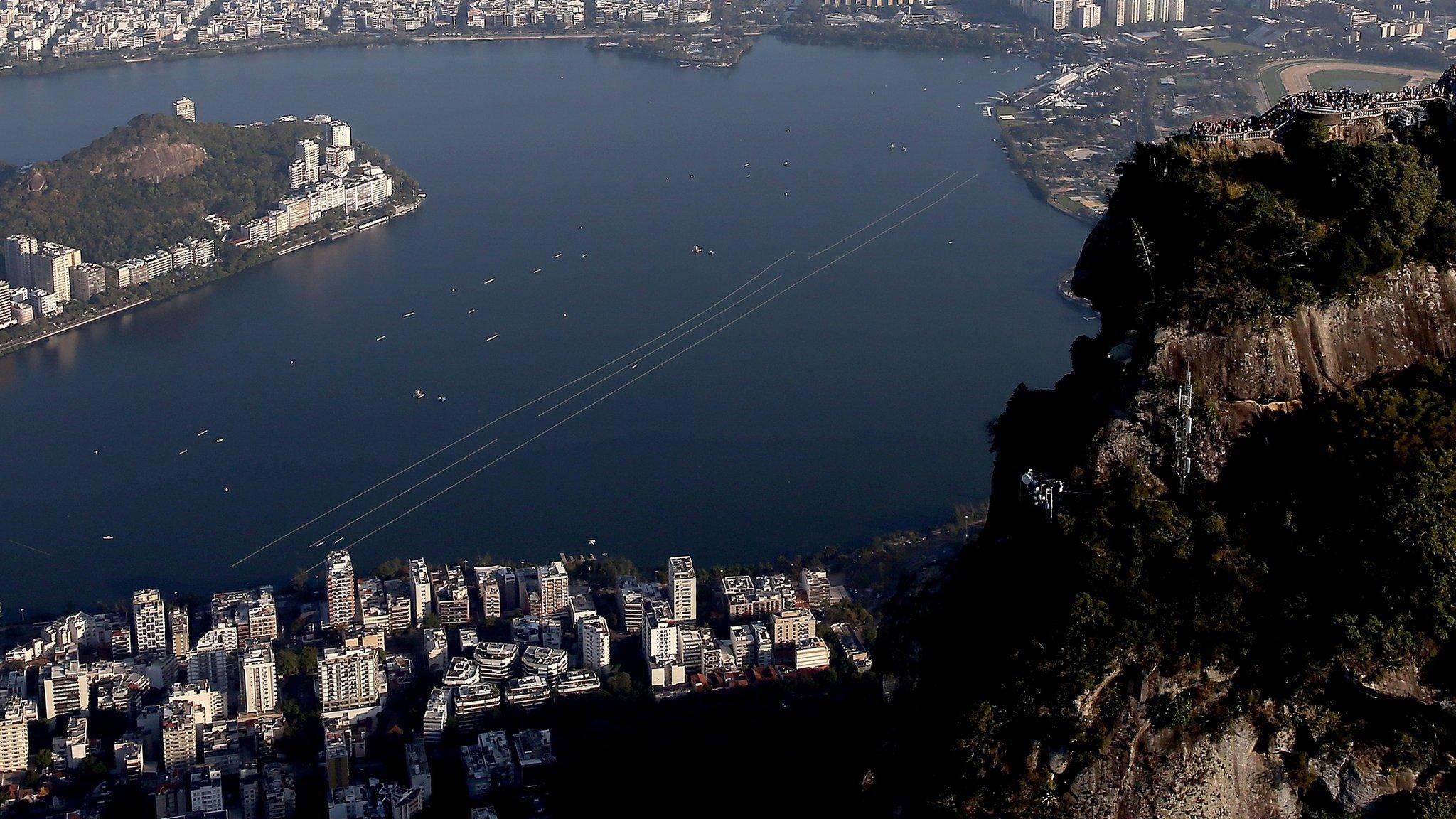
- Published5 October 2015
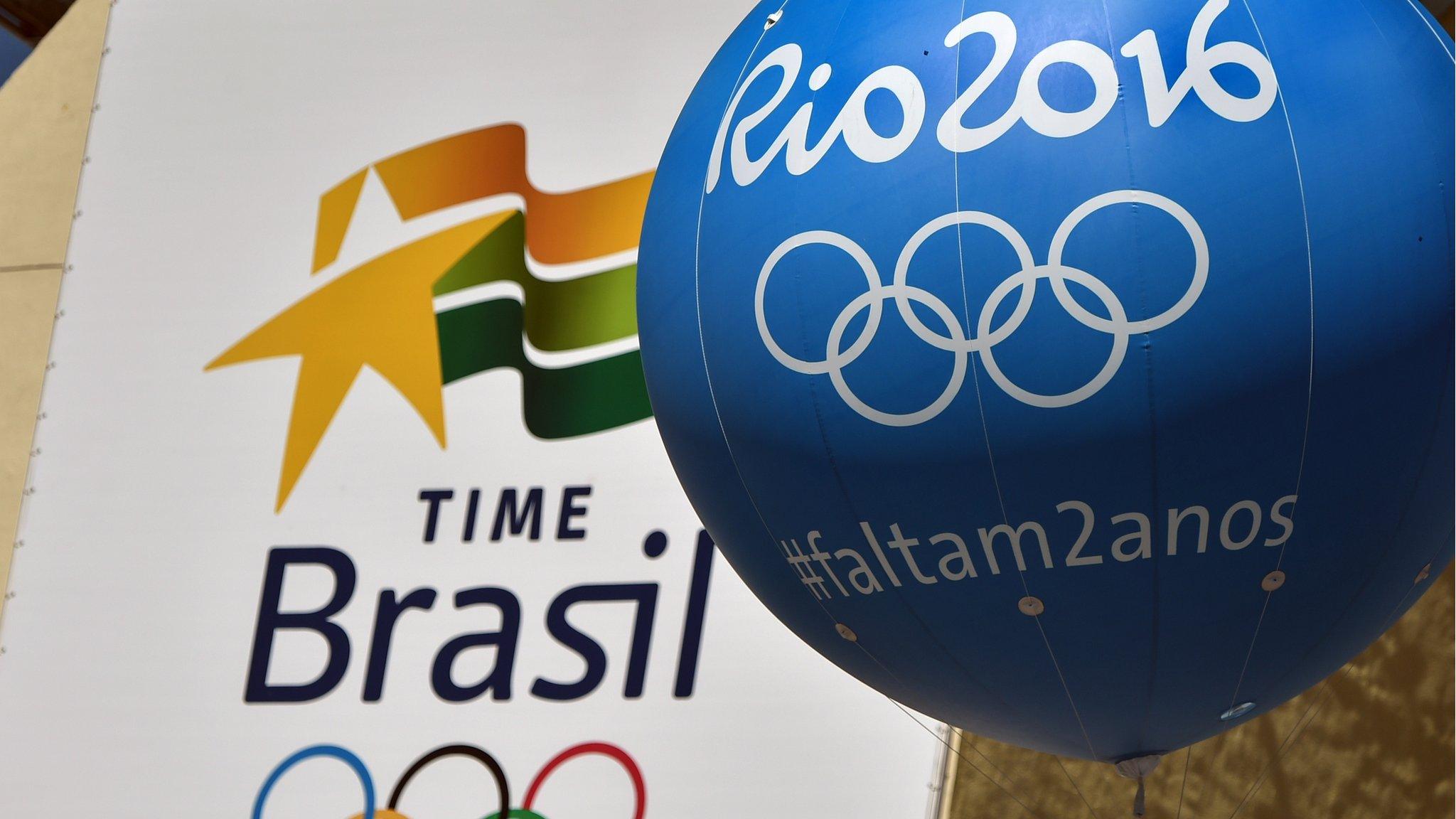
- Attribution
- Published16 January 2015
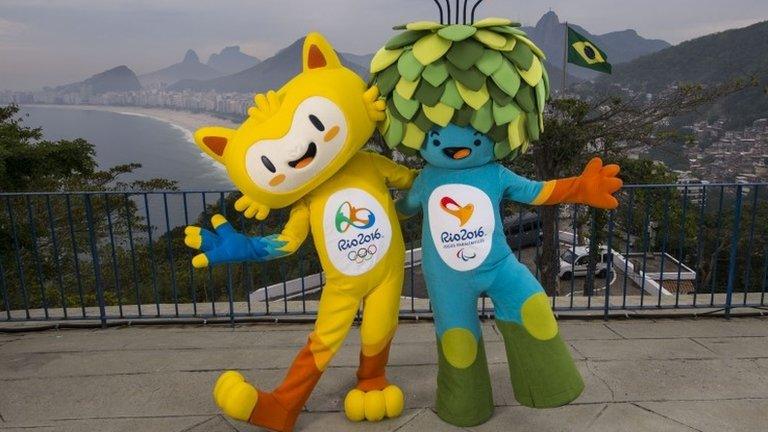
- Published19 July 2016
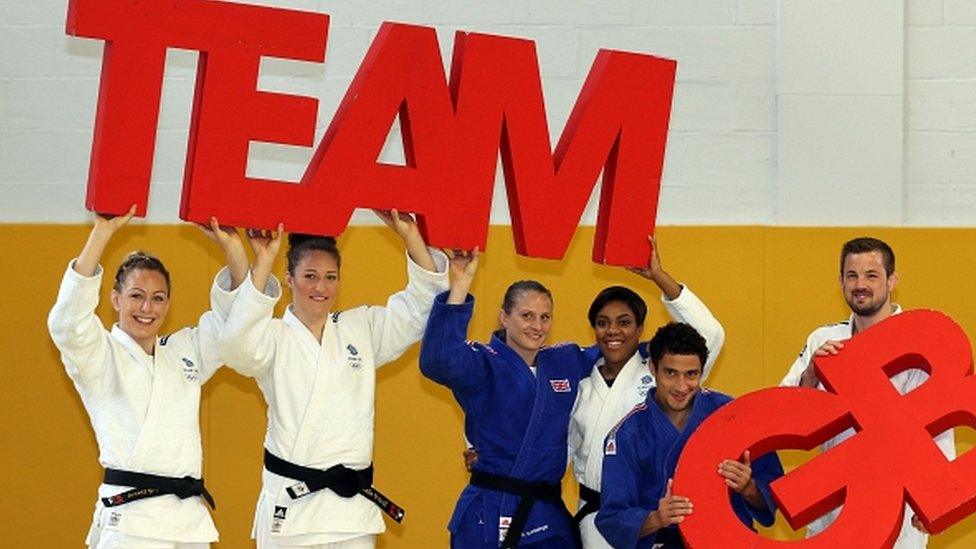
- Published19 July 2016
